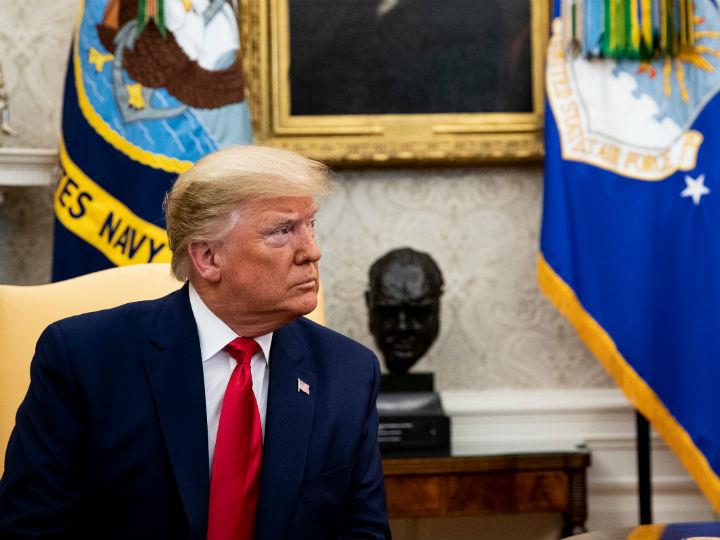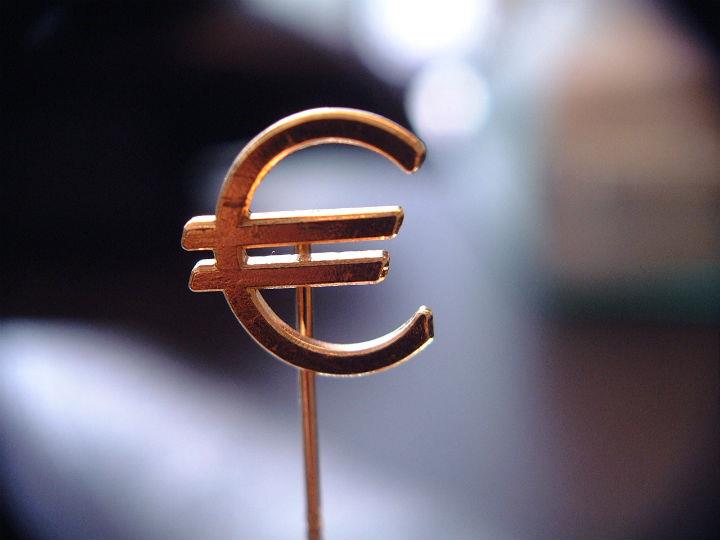by Hans Izaak Kriek*
President Donald Trump described his long-awaited Middle East peace plan as a ‘realistic two-state solution’, but it’s being hailed as a victory by Israel and emphatically rejected by the Palestinians.
The state of play: As the plan was released publicly, US Ambassador to Israel David Friedman told reporters that the areas of the West Bank envisioned as Israeli territory can be immediately annexed. Israeli Prime Minister Netanyahu has already called on his Cabinet to endorse annexation plans this week.
Palestinian leaders have boycotted this multiyear process and preemptively rejected Trump’s peace plan. Mahmoud Abbas, president of the Palestinian Authority, said in a statement: “Jerusalem is not for sale, all our rights are not for sale and Trump’s deal will not pass.”
Trump said in his speech in the White House his plan would create a Palestinian state with a capital in parts of eastern Jerusalem. It also calls for a four year freeze on Israeli settlements, while recognizing existing settlements in the West bank.
“I have done a lot for Israel,” Trump said, “It’s reasonable that I have to do a lot for the Palestinians, or it just wouldn’t be fair.” He said no one on either side of the border would be ‘uprooted from their homes’. The president added this could be ‘the last opportunity’ for a Palestinian state. His explanations was that he had put together a strong team ‘who love the United States and they love Israel’.
Trump’s condition for a Palestinian state include that Hamas will be disarm and the new state will recognize Israel as a Jewish state while granting Israel full security control of the West Bank and Jerusalem. The plan also rejects the ‘right of return’ for Palestinian refugees.
The big question beyond the details of the plan was what the Arab reaction would be. Oman, Bahrein and the United Arab Emirates attended Trump’s remarks, an indication they’re not rejecting the plan entirely. Egypt urged Israelis and Palestinians to ‘carefully study’ the proposal. The foreign ministry said in a statement that the plan favours a solution that restores all the ‘legitimate rights’ of the Palestinian people through establishing an ‘independent and sovereign state on the occupied Palestinian territories.
Egypt, which along with Jordan is the only Arab country to have made peace with Israel, said it appreciates the US administration’s efforts to try to resolve the decades-old conflict.
Saudi Arabia’s King Salman reassured the Kingdom’s commitment to the Palestinian issue and Palestinian rights, a Saudi state new agency reported. Qatar said it welcomed efforts to broker peace but warned that was unattainable without concessions to the Palestinians.
What is the big picture? Recent administrations have seen their role as facilitating dialogue between Israel and Palestine and setting parameters for a potential agreement. Trump made radical departure by choosing to release detailed plan that only party supports.
Netanyahu emphasized Israel’s gains under Trump’s plan, including areas previously declared ‘illegally occupied’. Past peace plans, he said: “Failed because they did not strike the right balance between Israel’s vital security and national interests and the Palestinians aspirations for self-determination.”
The backdrop: Netanyahu is fighting for his political life and seemed to relish the opportunity to stand alongside Trump at the press conference and follow him at the podium. Earlier, the prime minster surrendered his immunity from prosecution over three corruption indictments before it could be revoked by a parliamentary committee.
The peace plan and the charges against Netanyahu will both be central to the election on March 2, Israel’s third in a year. His political rival, Gantz, met also with Trump the other day and said he supports the plan, though he believes no steps should be taken to implement it until after the election.
Leaders from around the world are reacting to US President Donald Trump’s long-awaited Middle East plan, with some denouncing it as ‘aggressive’ and ‘one-sided’ and others saying the proposal initiative ‘could prove a positive step forward’.
France insisted on a "two-state solution" and said it would "carefully study" Trump’s plan.
"France welcomes President Trump’s efforts and will carefully study the peace plan he presented," the foreign ministry said in a statement.
It added that "a two-state solution, in conformity with international law and internationally-agreed parameters is necessary for the establishment of a just and lasting peace in the Middle East".
British Prime Minister Johnson’s spokesperson said the plan could be a positive step.
"The leaders (Johnson and Trump) discussed the United States’ proposal for peace between Israelis and Palestinians, which could prove a positive step forwards," he said.
Dominic Raab, Britain’s foreign minister, called on Israeli and Palestinian leaders to give fair consideration to the initiative.
"This is clearly a serious proposal, reflecting extensive time and effort," said Raab in a statement. "We encourage them (leaders) to give these plans genuine and fair consideration and explore whether they might prove a first step on the road back to negotiations," he said.
United Nations Secretary-General Antonio Guterres, according to his spokesperson Stephane Dujarric, said the UN supports two states living in peace and security within recognized borders, based on the pre-1967 borders.
"The United Nations remains committed to supporting Palestinians and Israelis to resolve the conflict on the basis of United Nations resolutions, international law and bilateral agreements and realizing the vision of two States, Israel and Palestine, living side by side in peace and security within recognized borders, on the basis of the pre-1967 lines."
*International political commentator for European Business Review and editor-in-chief at Kriek Media




 By: N. Peter Kramer
By: N. Peter Kramer
